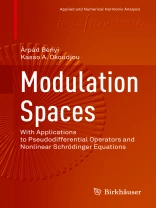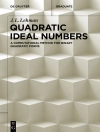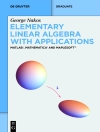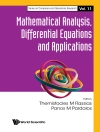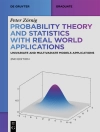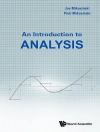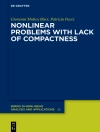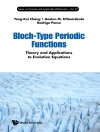This monograph serves as a much-needed, self-contained reference on the topic of modulation spaces. By gathering together state-of-the-art developments and previously unexplored applications, readers will be motivated to make effective use of this topic in future research. Because modulation spaces have historically only received a cursory treatment, this book will fill a gap in time-frequency analysis literature, and offer readers a convenient and timely resource.
Foundational concepts and definitions in functional, harmonic, and real analysis are reviewed in the first chapter, which is then followed by introducing modulation spaces. The focus then expands to the many valuable applications of modulation spaces, such as linear and multilinear pseudodifferential operators, and dispersive partial differential equations. Because it is almost entirely self-contained, these insights will be accessible to a wide audience of interested readers.
Modulation Spaces will bean ideal reference for researchers in time-frequency analysis and nonlinear partial differential equations. It will also appeal to graduate students and seasoned researchers who seek an introduction to the time-frequency analysis of nonlinear dispersive partial differential equations.
Tabella dei contenuti
Notions of real, functional and Fourier analysis.- Modulation spaces.- Equivalent definitions of modulation spaces.- Pseudodifferential operators.- Weighted modulation spaces.- Modulation spaces and other function spaces.- Applications to partial differential equations.- A proof of Banach’s fixed point theorem.- The Picard-Lindelöf and Peano theorems.- Gronwall’s lemma.- Local well-posedness of NLS on Sobolev spaces.
